Byron York in the Washington Examiner must be wrong because Romney's campaign and their Republican foot soldiers tell us that "everything he did was as a conservative."
The piece begins:
 In 1993, Mitt Romney was a successful businessman with an urge to enter public life and a plan to challenge Ted Kennedy for a Senate seat from Massachusetts.
In 1993, Mitt Romney was a successful businessman with an urge to enter public life and a plan to challenge Ted Kennedy for a Senate seat from Massachusetts.
Romney was also a high-ranking official in the Mormon church -- in charge of all church affairs in the Boston area -- with a dilemma over abortion. Romney was personally pro-life, and the church was pro-life, but a majority of the Massachusetts electorate was decidedly pro-choice.
How Romney handled that dilemma is described in a new book, "Mitt Romney: An Inside Look at the Man and His Politics," by Boston journalist Ronald Scott. A Mormon who admires Romney but has had his share of disagreements with him, Scott knew Romney from local church matters in the late 1980s.
Scott had worked for Time Inc., and in the fall of 1993, he says, Romney asked him for advice on how to handle various issues the media might pursue in a Senate campaign. Scott gave his advice in a couple of phone conversations and a memo. In the course of the conversations, Scott says, Romney outlined his views on the abortion problem.
Recommended
According to Scott, Romney revealed that polling from Richard Wirthlin, Ronald Reagan's former pollster whom Romney had hired for the '94 campaign, showed it would be impossible for a pro-life candidate to win statewide office in Massachusetts. In light of that, Romney decided to run as a pro-choice candidate, pledging to support Roe v. Wade, while remaining personally pro-life.
In November 1993, according to Scott, Romney said he and Wirthlin, a Mormon whose brother and father were high-ranking church officials, traveled to Salt Lake City to meet with church elders. Gathering in the Church Administration Building, Romney, in Scott's words, "laid out for church leaders ... what his public position would be on abortion -- personally opposed but willing to let others decide for themselves."


















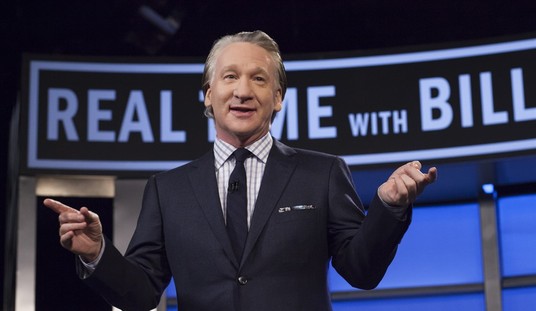

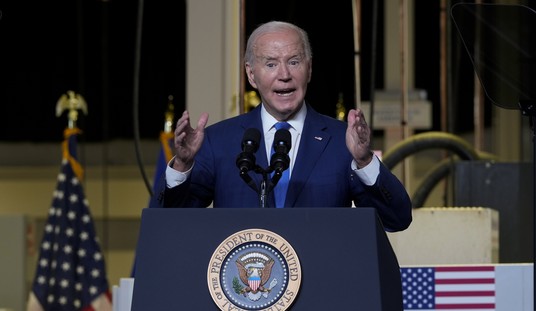

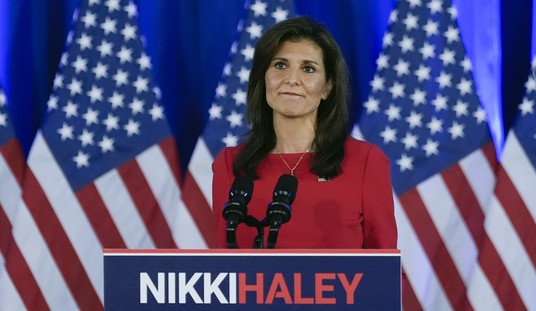
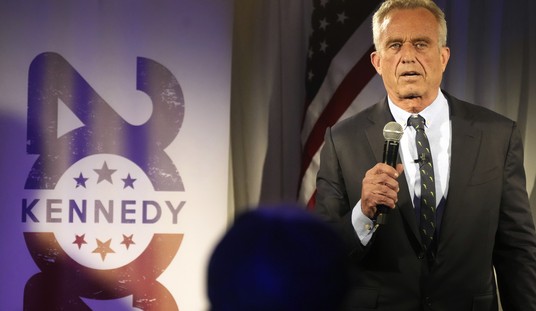
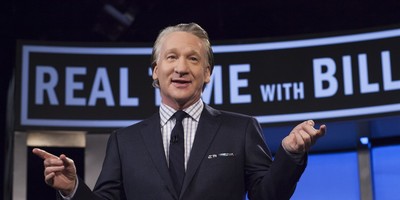
Join the conversation as a VIP Member